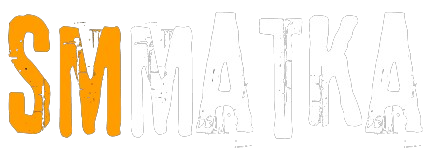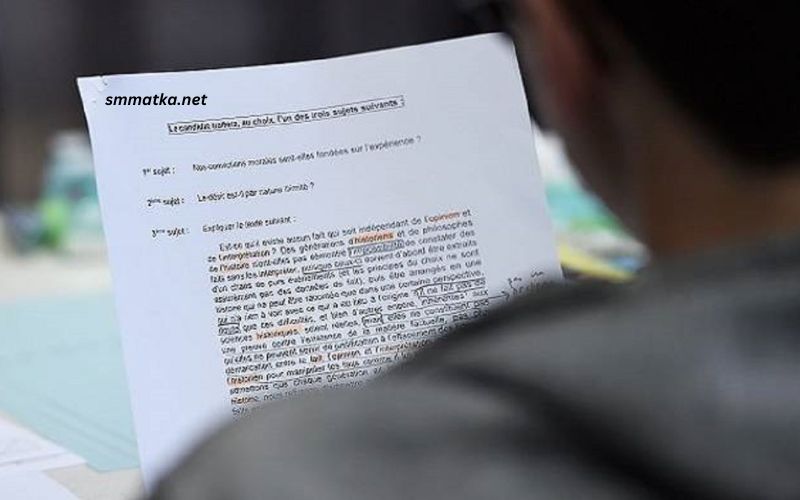In recent years, the temptation to acquire leaked exam papers has been a topic of increasing concern among students, educators, and policymakers. The allure of obtaining exam papers before the scheduled examination date, particularly for high-stakes exams, can be overwhelming for some students. The 2019 examination season was no exception, witnessing a surge in attempts to procure leaked papers. This article delves into the unethical and illegal nature of such activities, the consequences of participating in these actions, and offers ethical alternatives to succeed academically.
The Temptation and Its Consequences
- The Temptation: High academic expectations, pressure to succeed, and fear of failure often drive students to seek shortcuts. The desire to perform well in exams can lead some to consider acquiring leaked exam papers as a viable option. With the proliferation of the internet and various online platforms, the accessibility to such illicit materials has seemingly increased.
- Legal Ramifications: Acquiring, distributing, or using leaked exam papers is illegal. Students caught engaging in these activities face severe legal consequences, including criminal charges, fines, and imprisonment. In many countries, educational authorities have stringent laws and regulations to deter such malpractice.
- Academic Consequences: Beyond the legal aspects, the academic repercussions are equally severe. Students found guilty of using leaked papers may face expulsion, suspension, or other disciplinary actions. Their academic records can be permanently tarnished, affecting future educational and career opportunities.
- Ethical Implications: The ethical implications of using leaked exam papers cannot be overstated. It undermines the integrity of the educational system, devalues the efforts of honest students, and promotes a culture of dishonesty and unfairness.
The Process of Obtaining Leaked Exam Papers
While this article does not condone or encourage the acquisition of leaked exam papers, understanding how students might attempt to obtain them sheds light on the magnitude of the issue and the measures needed to prevent it.
- Online Marketplaces: Various online platforms, including dark web marketplaces, offer leaked exam papers for sale. These platforms operate clandestinely, making it challenging for authorities to monitor and shut them down.
- Social Media Networks: Social media has become a hotspot for sharing leaked exam papers. Students and unscrupulous individuals use platforms like WhatsApp, Telegram, and Facebook to distribute these papers, often through private groups or encrypted messages.
- Insider Sources: In some cases, students may attempt to bribe or coerce insiders, such as teachers, administrative staff, or printing personnel, to leak exam papers. This method is particularly concerning as it involves a breach of trust and security within educational institutions.
- Hacking: Tech-savvy students or cybercriminals may resort to hacking into educational institution databases or email systems to access exam papers. This method is not only illegal but also poses significant cybersecurity risks.
Ethical Alternatives to Exam Success
Rather than succumbing to the temptation of using leaked exam papers, students should adopt ethical strategies to excel academically. Here are some alternatives:
- Effective Study Techniques:
- Time Management: Creating a study schedule helps students allocate sufficient time to each subject, reducing last-minute cramming and stress.
- Active Learning: Techniques such as summarizing information, self-quizzing, and teaching others can enhance understanding and retention of material.
- Study Groups: Collaborative learning through study groups allows students to share knowledge, clarify doubts, and gain diverse perspectives on topics.
- Utilizing Available Resources:
- Library and Online Databases: Libraries and online databases offer a wealth of study materials, including textbooks, research papers, and practice exams.
- Tutoring Services: Many schools and universities provide tutoring services to help students who are struggling with certain subjects.
- Educational Apps and Websites: Numerous apps and websites offer interactive learning experiences, practice quizzes, and tutorials on various subjects.
- Seeking Help When Needed:
- Counseling Services: Academic pressure can take a toll on mental health. Counseling services can provide support and strategies to cope with stress and anxiety.
- Teacher Assistance: Teachers are valuable resources for clarifying doubts and providing guidance on difficult topics. Students should not hesitate to seek help from their instructors.
- Developing a Growth Mindset:
- Embracing Challenges: Viewing challenges as opportunities for growth rather than obstacles can foster resilience and perseverance.
- Learning from Mistakes: Analyzing and learning from mistakes made in assignments and practice exams can lead to improvement and better performance in future assessments.
The Role of Educational Institutions
Educational institutions play a crucial role in preventing exam leaks and promoting academic integrity. Here are some measures that can be implemented:
- Secure Examination Processes:
- Randomized Exam Papers: Creating multiple versions of exam papers can minimize the risk of leaks and cheating.
- Secure Printing and Distribution: Ensuring that exam papers are printed and distributed securely, with limited access to authorized personnel only.
- Digital Exams: Implementing digital exams with robust cybersecurity measures can reduce the likelihood of leaks.
- Promoting Academic Integrity:
- Honor Codes: Encouraging students to sign honor codes that emphasize the importance of honesty and integrity in academics.
- Awareness Campaigns: Conducting awareness campaigns to educate students about the consequences of academic dishonesty and the value of ethical behavior.
- Supporting Students:
- Mentorship Programs: Establishing mentorship programs where senior students or faculty members guide and support younger students.
- Workshops and Seminars: Organizing workshops and seminars on effective study techniques, time management, and stress management.
Conclusion
The quest for academic success should never come at the cost of integrity and ethics. While the temptation to acquire leaked exam papers may seem enticing, the long-term consequences far outweigh any short-term benefits. Students should focus on ethical and effective study methods, seek help when needed, and utilize available resources to achieve their academic goals. Educational institutions, on their part, must ensure secure examination processes, promote academic integrity, and provide support to students. By fostering a culture of honesty and hard work, we can create a more just and fair educational environment for all.

